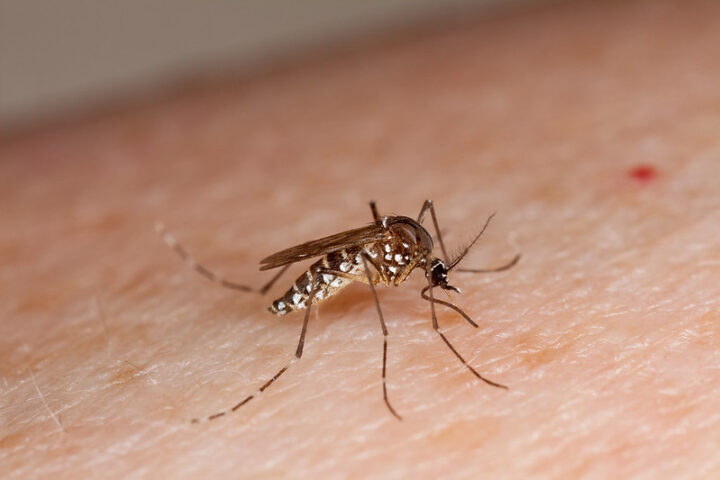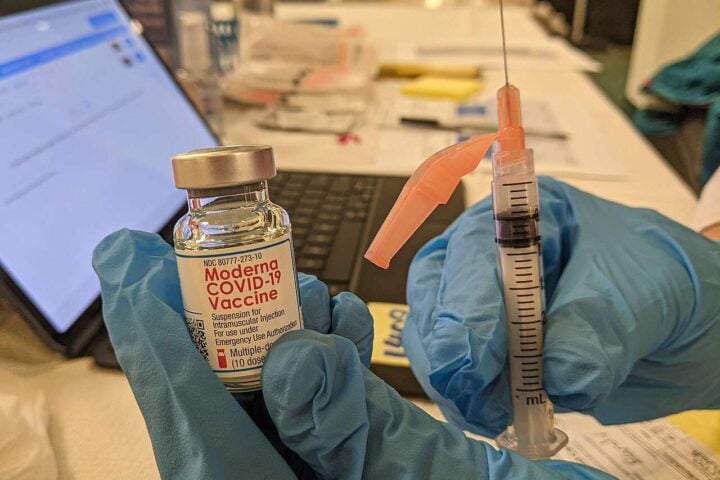The latest viral weight loss story from TikTok deserves scrutiny. A content creator, known as @theneptunianbaby, claims to have lost 60 pounds in four months – a rate that demands attention and caution.
The creator’s central thesis revolves around gut health. “The main thing that you need to prioritize is your gut health. Your gut health is really important. If your digestion is off, absorption abilities are off, utilization abilities are off, and elimination is off, then you’re gonna have some problems in the weight department,” she explains in her viral video.
While gut health’s importance cannot be dismissed, her approach includes elements that raise red flags among medical professionals. She advocates for “moving stagnant energy” through exercise – a valid point – but also promotes black seed oil as a natural remedy and suggests fasting, which contradicts established medical guidance.
The NHS explicitly warns against such fasting-based approaches: “Avoid fad diets that recommend unsafe practices, such as fasting (going without food for long periods) or cutting out entire food groups. These types of diets do not work, can make you feel ill, and are not sustainable because they do not teach you long-term healthy eating habits.”
Similar Posts:
For maintaining gut health, the NHS recommends a more measured approach: “Fatty foods, such as chips, burgers, and fried foods, are harder to digest and can cause stomach pain and heartburn. Cut back on greasy fried foods to ease your stomach’s workload. Try to eat more lean meat and fish, drink skimmed or semi-skimmed milk, and grill rather than fry foods.”
In the realm of medical advances, Dr. Christopher McGowan, an obesity medicine specialist, discusses endoscopic ablation – a new minimally-invasive procedure targeting the hunger hormone ghrelin. While promising, this exemplifies the tension between quick-fix solutions and sustainable lifestyle changes.
The NHS acknowledges that some commercial diet programs can work when “based on sound medical and scientific principles.” Yet, the rush to embrace viral weight loss methods without proper medical validation remains concerning. The creator’s 60-pound weight loss, while impressive, raises questions about sustainable weight management versus rapid results that might prove temporary or potentially harmful.


















